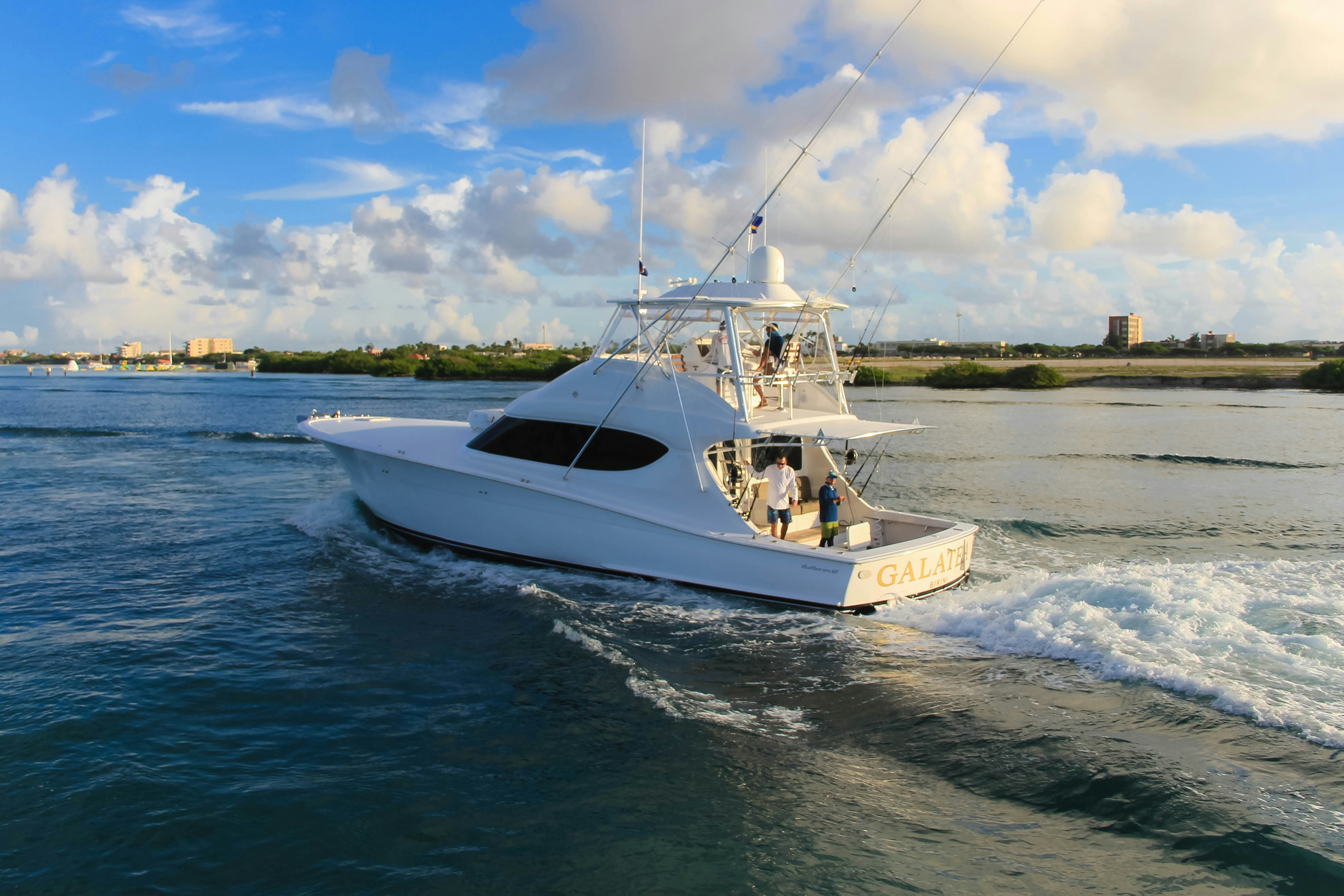Insurance: a word guaranteed to spark confusion and a desire to change the subject. If that’s how you feel, just know you’re not alone. Lots of boat owners (and those considering their first watercraft purchase) feel overwhelmed when it comes to insurance. But choosing the coverage that’s right for you is an important step in taking care of your vessel and yourself.
First, get your dictionary ready.
As you review coverage, these terms might pop up:
- Premium: The fee that you pay an insurance company in exchange for the coverage provided under the policy.
- Deductible: The amount you self-insure before your insurance company starts picking up the tab. So, if your deductible is $2,000, you’re on the hook for damages to your property up to that amount. Your policy may provide coverage for damages in excess of that deductible.
- Coverage Limit: The maximum your policy will pay for a covered claim. So if your policy has a $100,000 coverage limit for your boat, you will be responsible for any damages exceeding this amount.
- Liability Coverage: Protection in case you are responsible for bodily injury or property damage to a covered third person. An absolute must-have (in our humble opinion).
- Exclusion: Certain situations or types of damage that your policy doesn’t cover. For example, your policy might exclude natural wear and tear.
- Endorsement: An add-on to your policy that extends or customizes your coverage. Cruising to the Bahamas? An endorsement can expand your coverage for international waters.
These are just the start. Check out more insurance terms here.
Got it. So what are my options?
Some common coverage options are:
- Bodily Injury & Property Damage Liability
- Towing & Roadside Assistance
- All Risks (Fire, Theft, Collision)
- Medical Payments
- Personal Property & Equipment
- Hurricane Haul-out
Looking for more info? Here’s a guide to insurance coverage and policies.
Which coverage should I choose?
Depends on who you are and how you boat. Some scenarios to consider include…
- If you’re a frequent boater…you’ll want comprehensive protection against all risks, including liability coverage.
- If you’re a seasonal boater…you may consider a lay-up period discount to save money for storing your boat during the off-season.
- If you live in a hurricane-prone area…you’ll want to consider Hurricane Haul-out Coverage.
- If you trailer your boat often… Look into trailer coverage to protect against theft or damage to your trailer.
- If you love fishing… Gear and equipment coverage can help protect your expensive rods, reels, and electronics.
This is a lot. I just want the cheapest plan.
That’s not as straightforward as it sounds. It’s tempting to pick the plan with the lowest premium, but that might not be the most cost-effective choice in the long run.
A lower premium often means higher deductibles or limited coverage, which could leave you with significant out-of-pocket expenses.
Instead, look for a plan that balances affordability with comprehensive protection. Remember, insurance is a safety net for your future self.
Is there any way I can save money?
Absolutely. Saving on boat insurance doesn’t mean sacrificing quality. Here are some tips:
- Maintain a Safe Boating Record: Insurers often reward boaters with clean records. Avoid accidents and claims to keep premiums low.
- Invest in Safety Equipment: Equipping your boat with GPS tracking, anti-theft devices, and other safety items may help with your rate or the terms available to you.
- Bundle Policies: If you own multiple watercraft, bundling them can help you save on each.
- Take a Boating Safety Course: Many insurers provide discounts to boaters who complete certified safety courses. This is especially helpful for new boaters.
- Choose a Lay-Up Period: If you don’t use your boat year-round, a lay-up discount can save you money during the months your boat is in storage.
Sounds good to me. How do I get started?
- Think about your needs. How often do you use your boat? Where do you navigate? What type of coverage do you want?
- Get a boat insurance quote. This is an estimate of how much you’ll pay for the policy. It is determined based on the unique information provided in your application (like the specifics of your boat, your experience, your previous claim history, the amount of coverage you want, and more).
- If you’re confused or unsure, talk to an expert. That could be an agent, broker, or directly with the insurer. They can help explain the quote or policy and perhaps offer personalized advice.

